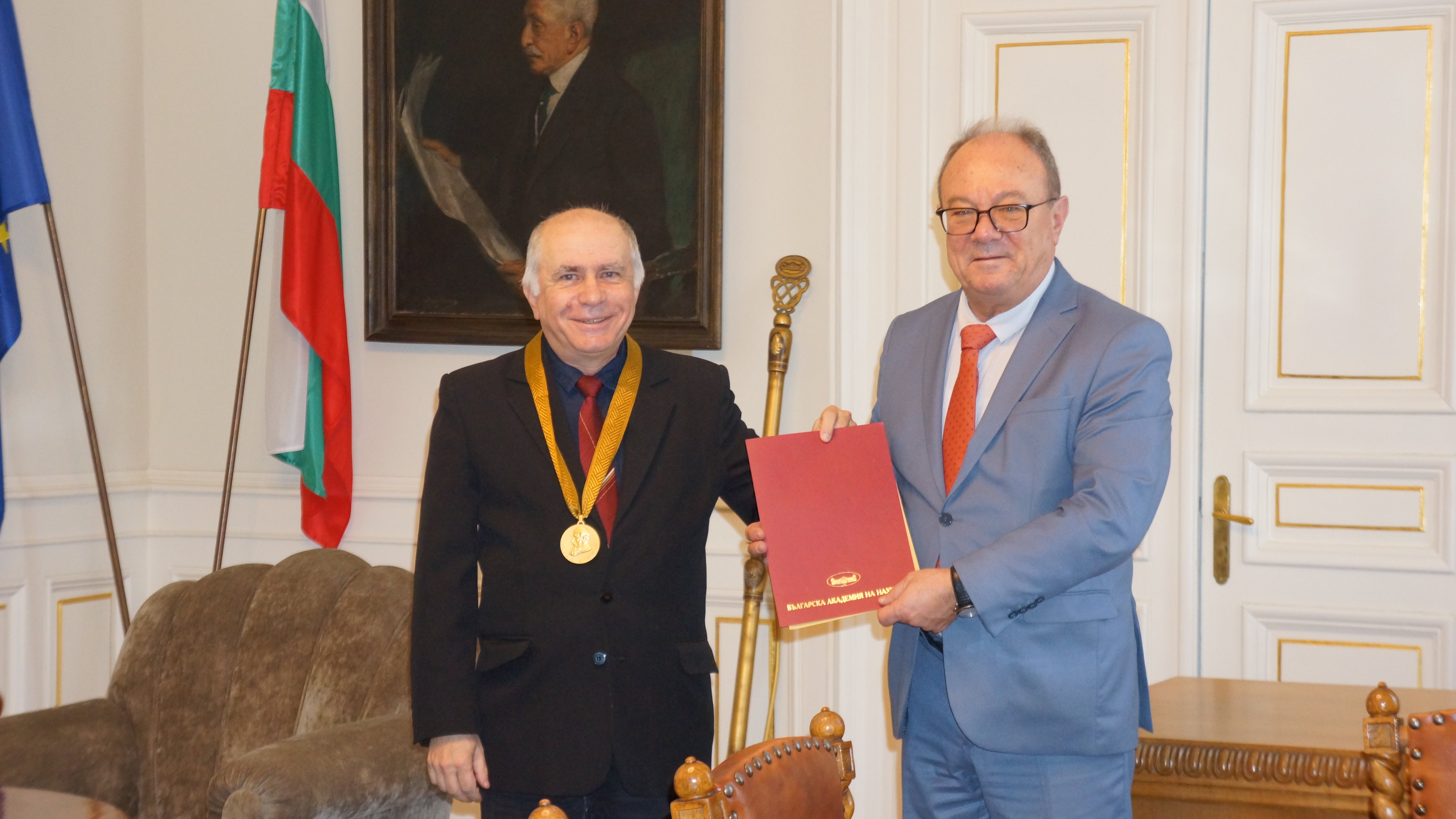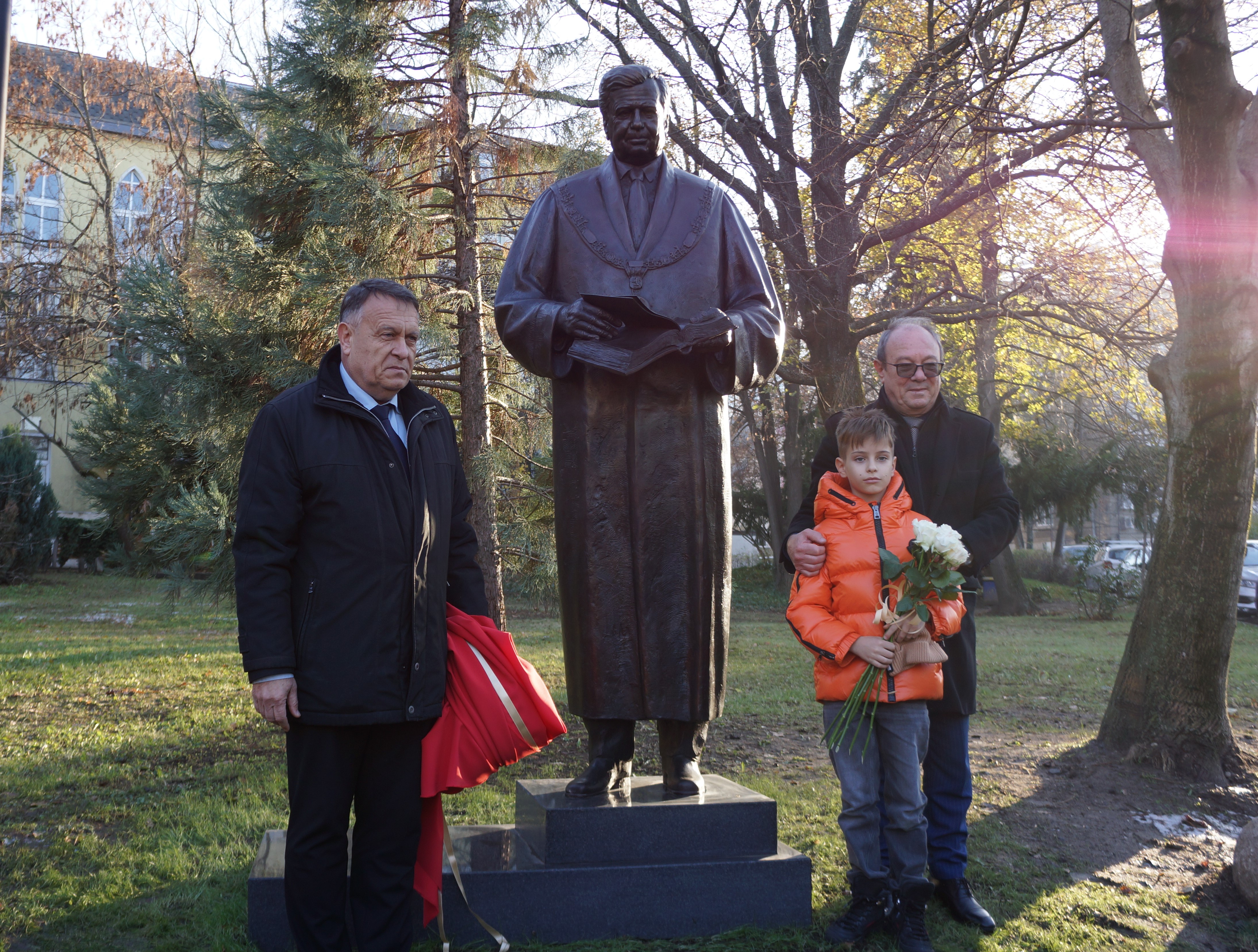NEMO-BMI: Auto-adaptive neuromorphic Brain–Machine Interface:
Toward fully embedded neuroprosthetics
Scientists from the Institute of Information and Communication Technologies of BAS, part of an international consortium, will start work on the project “Auto-Adaptive Neuromorphic Brain-Machine Interface” related to the application of artificial intelligence in healthcare.
The project, funded by the European Commission, aims to allow people with severe spinal cord injuries who are unable to move their limbs to “start walking” and perform activities that are not possible without assistive devices.
The mechanism of action involves decoding information from the patient’s brain about the movements they want to perform and feeding it to an implant for stimulation in the spine or an exoskeleton through which the movements can be performed.
On the Bulgarian side, the project involves Prof. Nikola Kasabov, Prof. Petia Koprinkova and Res. Assist. Simona Nedelcheva. Our aim is, in collaboration with our colleagues from France, Switzerland and the Netherlands, to create a device that reads the signals from the brain and transmits them to the devices that assist the patient’s movements, said Prof. Petia Koprinkova from the Institute of Information and Communication Technologies of BAS.
Each year, around 746,000 people sustain a spinal injury, which has a dramatic human, social and economic cost and results in partial or even complete loss of the ability to move. Brain-machine interfaces (BMIs) translate brain nerve signals into commands to external mechanisms. They raise the hope that limb mobility can be restored, giving patients control over prostheses or even their own limbs through electrical stimulation.
Despite the impressive results, the introduction of neuroprostheses into everyday practice has had difficulties. They are currently limited to controlled tests in the laboratory and require regular retraining of the decoder in a controlled environment. They include various components that are complex to install and use.
Building on the consortium’s unique expertise in clinical BMI, the NEMO BMI project will conduct research on unassisted and user-friendly mobile neuroprostheses incorporating a wireless recording circuit, a real-time brain activity decoder based on integrated technologies, and a spinal cord stimulator.
The first goal is to significantly improve usability by introducing an auto-adaptive learning system for the decoder in the process of using the neuroprosthesis. Brain-controlled spinal cord stimulation that activates patients’ limbs with automatic optimization of the stimulation signal is the second goal of the project. The third goal is to explore miniaturized embedded solutions by exploiting the advantages of a novel neuromorphic hardware architecture.
NEMO BMI technologies will be investigated in offline and real-time modes in two ongoing clinical studies which will help to define the next generation of unassisted BMI.








